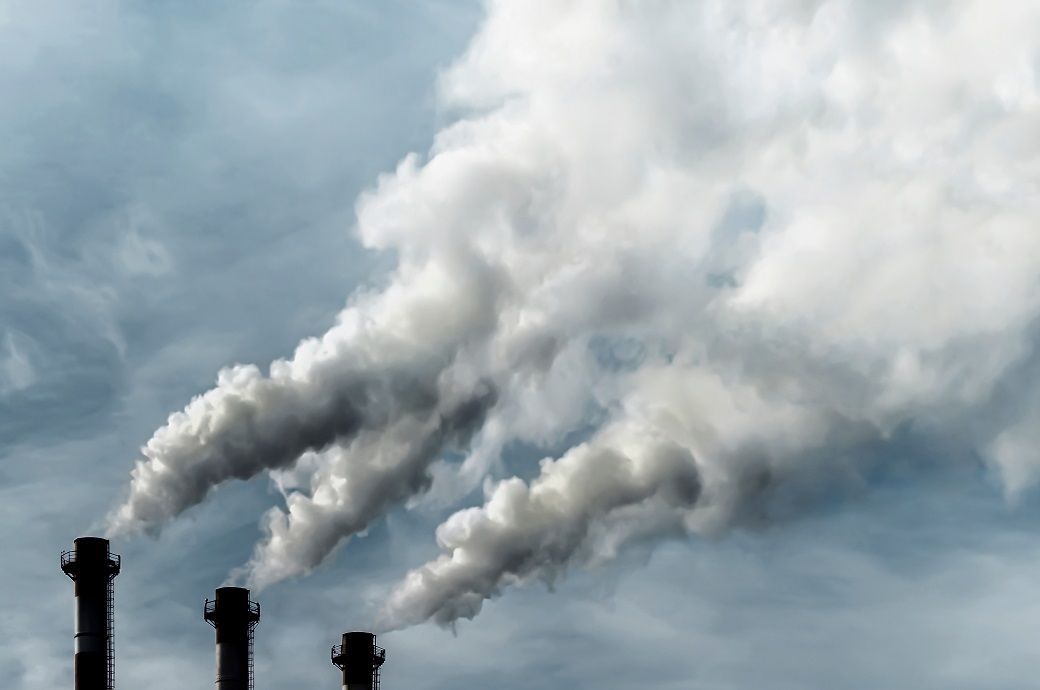
By bringing together the full supply chain, from brands and retailers to manufacturers and factories, the SAC will identify the biggest opportunities for impact and help accelerate the large-scale change needed to drive emissions reduction across the industry at scale. As part of the decarbonisation programme, SAC corporate members will be required to commit and set Science Based Targets (SBTs) from 2023, according to a press release.
Through research from World Resources Institute (WRI) and Apparel Impact Institute (AII) using data from the SAC’s Higg Index suite of tools and Textile Exchange, in consultation with the industry, six most impactful areas have been identified through which members can collectively drive change and create sustainable impact. These areas are maximising material efficiency, scaling sustainable materials and practices, accelerating the development of innovative materials, proliferating energy efficiency, eliminating coal in manufacturing, and shifting to 100 per cent renewable electricity.
Work has already begun to support and engage with SAC members, with capacity building efforts for the scaling of collaborative solutions based on these six interventions. A partnership with the UN Fashion Charter to lead the development of new guidance to help apparel and footwear companies more efficiently and consistently measure their purchased goods and services (PG&S) emissions has been recently announced, added the release.
The SAC has also carried out several best practice sharing webinars and peer-to-peer learning sessions, and will be issuing step-by-step SBT guidance in the upcoming months. The programme will now continue to develop tracking and reporting of SBT adoption progress, tracking and reporting of GHG emissions reductions through scaling solutions such as promoting the adoption of renewable energy options, substituting coal, and proliferating energy efficiency projects, and so forth. SAC members will have the opportunity to input and influence the programme’s strategic direction.
“Through the decarbonisation programme, we are building important collective action solutions to drive large-scale systematic change required in our global supply chains which no single company can do this alone. Members are listening and learning from each other to address the most pressing and difficult issues we are all facing in different geographical regions, driving shared solutions to shared problems and making sure our targets become a reality. It’s the only way we can ensure our industry has a future,” said Joyce Tsoi, director of collective action programmes at the SAC.
ALCHEMPro News Desk (NB)
Receive daily prices and market insights straight to your inbox. Subscribe to AlchemPro Weekly!